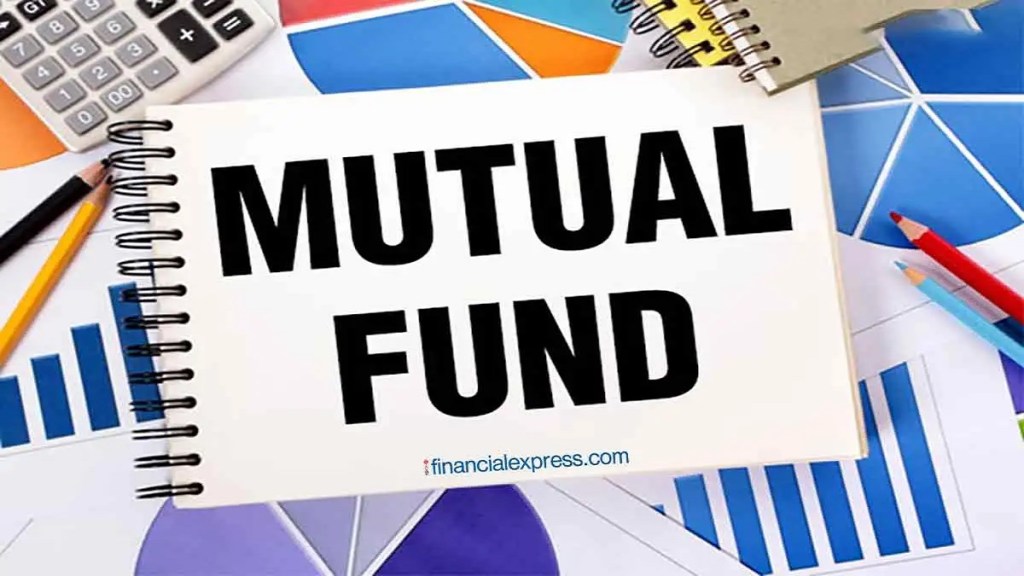Mutual funds are considered a good investment instrument for those seeking a higher return on investment and portfolio diversification without directly investing in the stock and debt markets due to time constraints or other reasons.
For new investors, it’s best to avoid jumping directly into the stock market and putting too much money into just a few stocks. Instead, consider investing in mutual funds. Mutual funds normally divide your money across many different stocks, bonds, and other assets, giving a diversification opportunity.
A large group of stocks always ride through market volatility better than individual stocks. For instance, when the market is volatile, one poor-performing stock in a mutual fund scheme bucket may be averaged out by other good-performing stocks, thus reducing the risk to one’s overall portfolio. Before purchasing a mutual fund, whether it’s an equity or a debt scheme, it’s important to understand some key points.
Also Read: Tax Saving: Top 5 investment options to save maximum tax in 2024
Know the investment allocation and the portfolio mix of the fund
Before investing in a mutual fund scheme, it’s important to conduct thorough research to determine if the fund is taking excessive risks in mid-caps and small-caps. For debt-oriented funds, investors should ensure that the fund manager is not allocating an overly high proportion of the scheme’s assets to low-credit instruments.
Compare expense ratio and other charges
Pick four or five funds from your choice of segments like midcap, large-cap, debt or hybrid, and then compare the funds’ operating expense ratios. In addition, you must also find out any loads, like one-time sales commissions or transaction fees, etc.
Past performance of the fund
While past performance is no guarantee that the fund you are investing in will perform well in the future too, looking at the fund’s track record, you can certainly match its record with peers and indices. For example, if a fund that has consistently beaten the index performance year after year can be a better bet.
Skilled fund manager
One of the criteria for selecting a fund is knowing who is managing the fund. Investors usually bet on those funds that are managed by fund managers who earlier have shown the capability to manage investors’ money through the ups and downs of the market and show discipline during frothy and turbulent markets alike. This becomes very important for actively managed funds.
Suitability test of the fund
As an investor, you should be clear about your financial goals. Always think in terms of selecting a fund that is going to help achieve your goals. For example, a debt fund investment should be avoided if the purpose is to generate wealth over the long term. Similarly, in the short term, let’s say you have a payable in the next three years, there is no point taking equity funds as that could be just too risky. So the crux is to select a fund that fits into your overall scheme of things.

